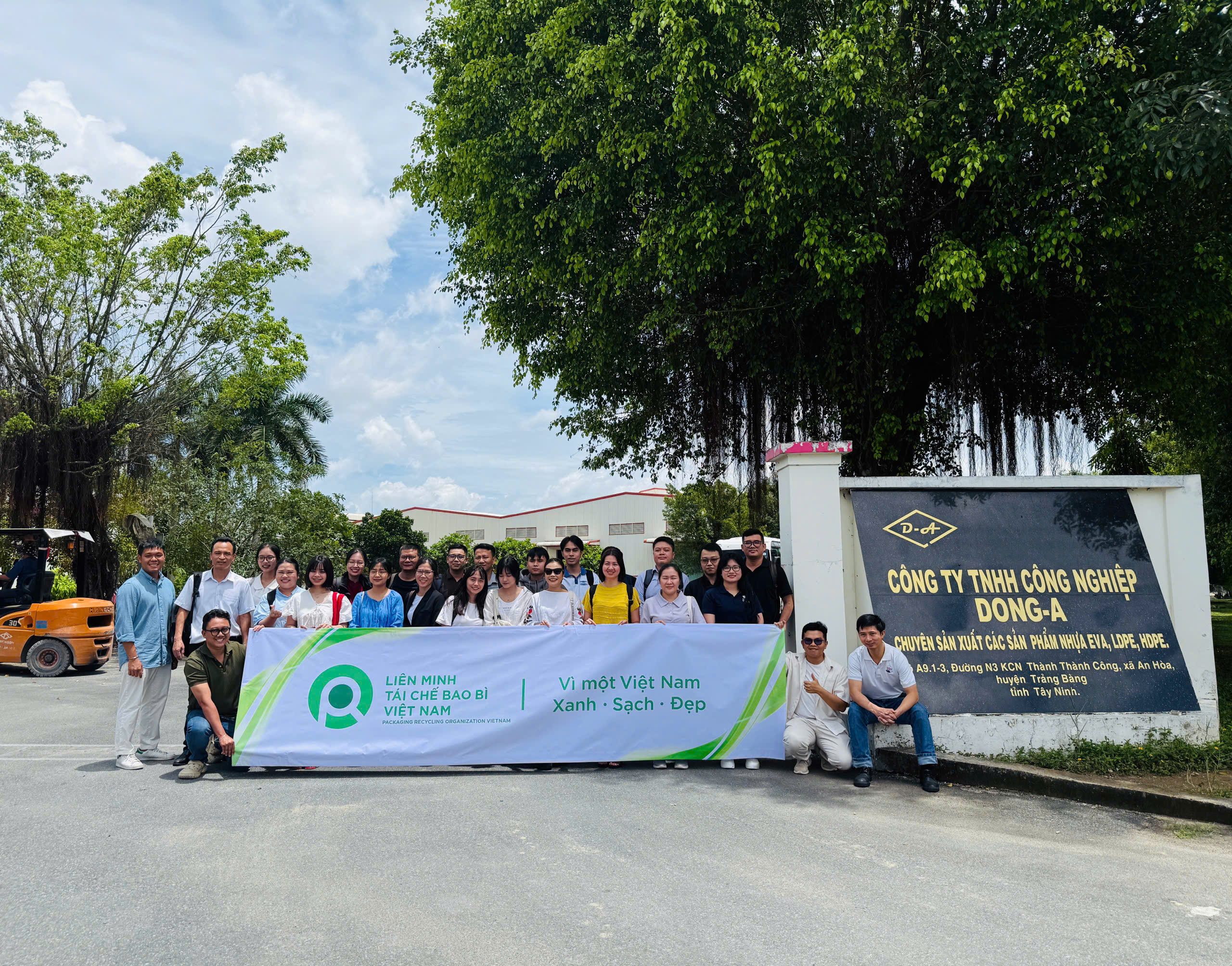TIN TỨC
Benefits and Applications of Recycled Plastic Pellets
In the face of increasingly severe environmental pollution caused by plastic waste, recycled plastics have emerged as a practical and sustainable solution. So, what are recycled plastics? The following article will help you better understand this concept, along with the benefits and applications of recycled plastic in modern life and industry.

1. What Are Recycled Plastics?
Recycled plastic pellets are finished products made through the recycling of used plastic items such as bottles, containers, packaging, etc. After collection, this plastic waste is sorted, shredded, cleaned, and dried before being melted at high temperatures. The molten plastic is then processed through an extruder to form fibers or pellets.

2. Benefits of Recycled Plastic Pellets
Being made from collected plastic waste and capable of being recycled multiple times, this circular production process makes recycled plastic more cost-effective than virgin plastic derived from petrochemical materials.
Some key benefits of using recycled plastics in production include:
- Reducing waste volume: One of the most significant environmental advantages of recycling plastic is reducing plastic pollution. Recycling helps the impacts of plastic waste on the environment, particularly marine ecosystems, and protects wildlife and ecosystems from its harmful effects.
- Conserving crude oil: Producing virgin plastic requires amounts of crude oil. Recycling or reusing plastic reduces the demand for oil extraction, lowers carbon emissions and energy consumption, and helps conserve valuable natural resources.
- Cost savings: Recycled plastic materials are generally more affordable than virgin plastics, allowing businesses to reduce production costs and improve profitability.
Overall, using recycled plastics helps lessen the environmental burden, raises public awareness about recycling and reuse, and promotes sustainable societal development.
3. Common Types of Recycled Plastic Pellets
Today, a wide variety of recycled plastic pellets are manufactured using advanced production lines.
Below are some common types of recycled plastic pellets and their applications:
3.1. PP Pellets

Recycled polypropylene (PP) is highly durable, heat-resistant, and lightweight. As a result, it is widely used in both industry and daily life, such as in food containers, bottle caps, and other household products.
3.2. LDPE Pellets

Recycled low-density polyethylene (LDPE) is a thermoplastic that is stretchable, impact-resistant, moisture-resistant, and corrosion-resistant. With these notable features, LDPE is commonly used in various fields including food trays/containers, plastic bins, electronic components, and many household items.
4. Recycled Plastic Pellets and the Trend toward sustainability
Plastic recycling is the process of converting plastic waste into usable items to serve daily life. It must follow a strict process and classification. This helps limit the amount of waste discharged into the environment, protects the ecosystem, and effectively lays the foundation for a circular economy model.
Vietnam’s Environmental Protection Law also promotes measures such as encouraging recycling and reuse activities, extending producer responsibility (EPR), and more — all aimed at a greener future for society.
Recognizing the sustainability trend, Dong-A Recycling supplies recycled plastic pellets through advanced production lines and EPR recycling services. Dong-A aims to become one of Vietnam’s largest plastic waste recycling plants, contributing to the creation of sustainable products for consumers.
Contact: business@dongarecycling.com









